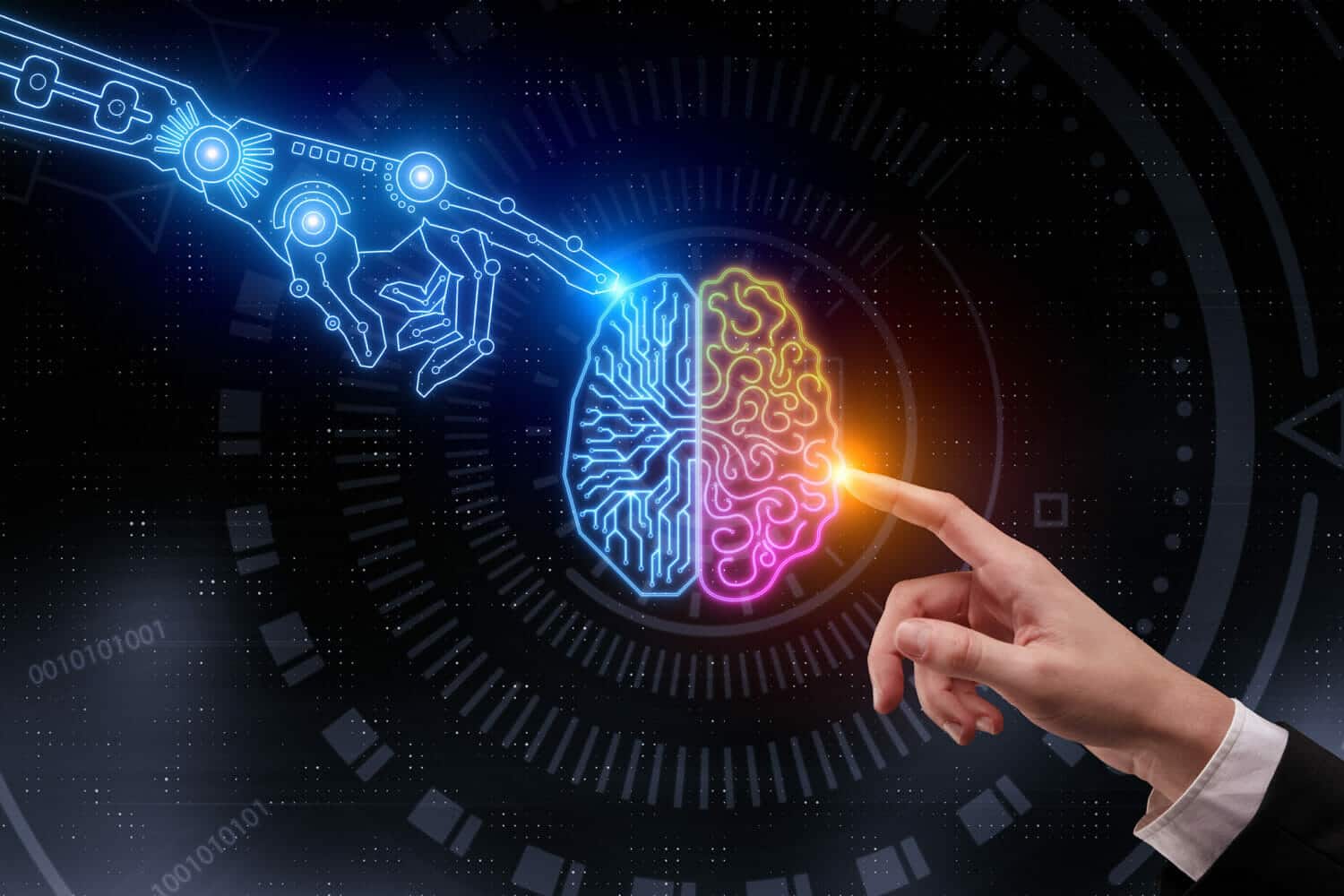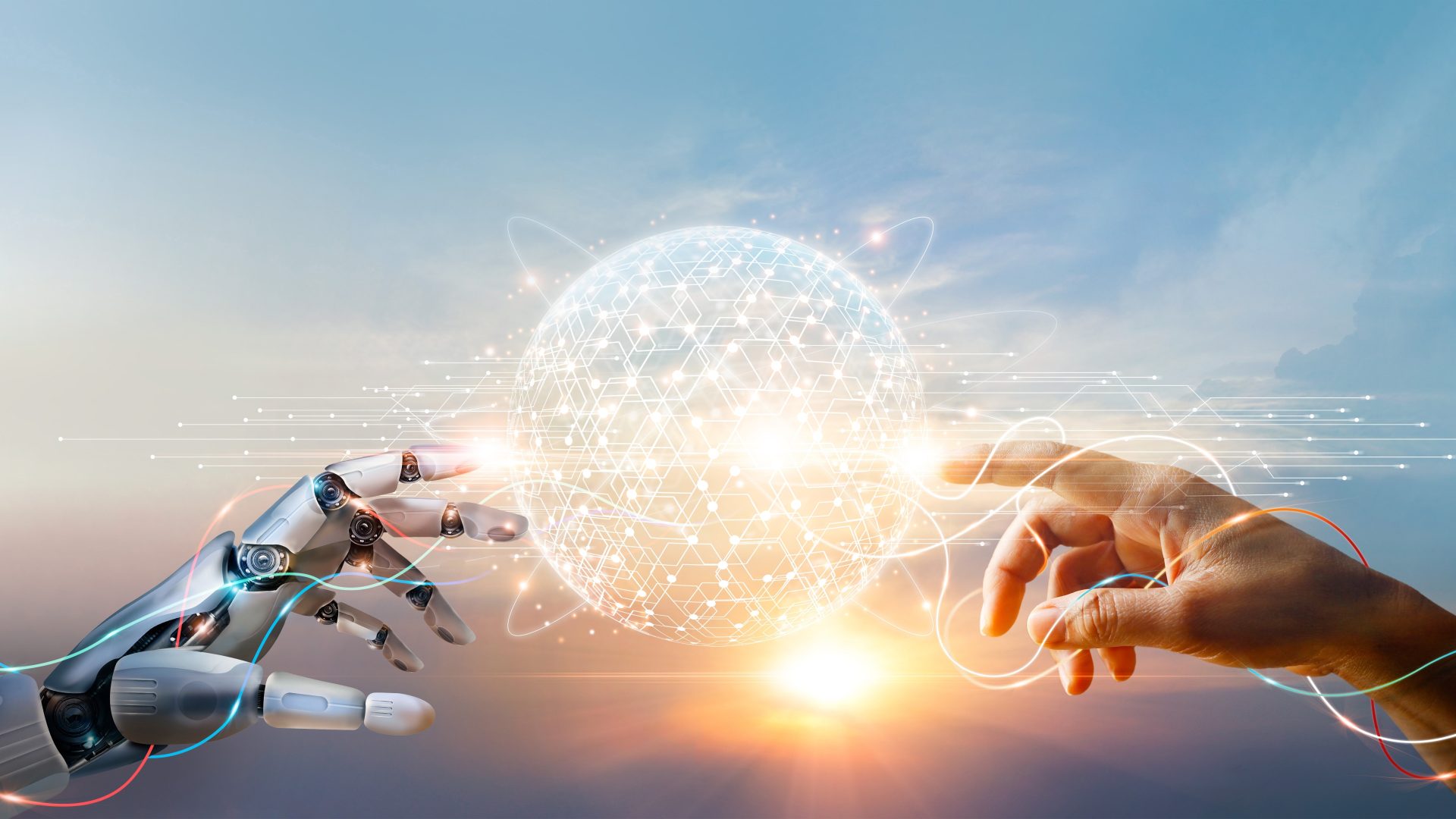
According to OpenAI CEO Sam Altman, AI is poised to radically reshape the marketing industry, potentially handling up to 95% of the work currently done by agencies, creative professionals, and specialists. At Optifi.AI, we are at the forefront of this transformation, helping businesses leverage the latest AI-driven tools to stay ahead in an ever-evolving digital landscape.
This monumental shift presents an opportunity for businesses to optimize their marketing efforts, reduce inefficiencies, and create more effective, agile strategies—all while lowering costs. With AI, the future of marketing is not just about automation; it’s about empowerment and innovation.
The Rise of the AI-Powered Marketing Generalist
One of the most exciting outcomes of this AI revolution is the emergence of the marketing generalist—a new type of marketer who harnesses AI tools to execute campaigns across a variety of disciplines, such as content creation, digital strategy, branding, and much more. These professionals are not bound by specialized silos; instead, they have the ability to manage and oversee the entire marketing lifecycle, bringing a holistic perspective to their work.
Altman’s vision for the future is clear: within the next 5-10 years, AI will be able to handle nearly every aspect of marketing, including:
- Creative generation: AI will craft images, videos, and campaign ideas tailored to your brand and target audience.
- Testing and optimization: AI can conduct real-time A/B testing, use synthetic or real customer focus groups, and analyze results instantly to refine campaigns at minimal cost.
- Marketing execution: AI can even place and optimize ads, track performance, and suggest adjustments to improve ROI—automating a process that once required large teams of specialists.
While the timeline might seem ambitious, it reflects a fundamental shift in how marketing will be executed in the near future. The work traditionally done by marketers, agencies, and creative professionals can soon be seamlessly integrated into AI workflows, making it faster, cheaper, and more effective.
Breaking Down Inefficiencies in Marketing
In many organizations, marketing departments are still structured in outdated and inefficient ways. Traditional marketing organizations operate with multiple silos:
- A CMO oversees a variety of specialized marketing teams—digital marketing, content, branding, public relations, events, and more.
- Campaigns often take weeks, or even months, to complete due to bottlenecks between departments, lengthy approval processes, and conflicting priorities.
This model creates delays and reduces the ability to respond to market changes quickly. With AI, we can eliminate these inefficiencies. Imagine a scenario where a marketing generalist, with the help of AI, collaborates directly with product managers to create a campaign in just a couple of hours. No more waiting weeks for approvals or sending work through multiple teams—just a streamlined, agile process that allows your business to get to market faster and more effectively.
AI tools will allow marketers to bypass traditional campaign workflows, handling creative tasks such as writing copy, creating visuals, and analyzing performance metrics without needing to consult multiple teams. This rapid iteration and real-time optimization will change how campaigns are conceived, tested, and refined.
The Competitive Edge of Rapid Iteration
One of the biggest advantages of AI in marketing is the ability to test and iterate at an unprecedented speed. In traditional marketing organizations, campaigns often go through long cycles of planning, review, and approval, during which valuable time and opportunities are lost. With AI-powered marketing, a marketing generalist can run 30–40 different campaign variations in a matter of hours—gathering real-time data to refine the approach continuously.
This kind of agility allows businesses to:
- Quickly adapt to shifts in customer preferences and market conditions.
- Test multiple hypotheses simultaneously, gathering actionable insights much faster than traditional methods.
- Optimize campaigns in real time based on data, rather than relying on subjective opinions or guesswork.
Organizations that embrace AI-driven marketing will have a significant competitive edge over those that continue to rely on slow, traditional processes. The ability to iterate quickly and optimize in real time will help businesses stay ahead of competitors, increase ROI, and respond faster to customer needs.

How AI Will Transform Key Marketing Functions
As AI continues to evolve, its impact on various marketing functions will be profound:
- Content Marketing: AI will be able to write articles, blogs, social media posts, and even ad copy, tailoring the tone, style, and messaging to match your brand’s voice. This automation will reduce the need for large content teams, with AI handling the heavy lifting while marketing generalists focus on strategy and refinement.
- Digital Marketing: Traditional digital marketing roles will shift as AI takes over optimization, testing, and campaign execution. With AI tools like predictive analytics and automated ad management, marketers will be able to run entire campaigns with minimal human intervention, leading to more efficient, data-driven decisions.
- Branding and Public Relations: While AI will manage many aspects of brand enforcement and public relations (like responding to customer inquiries or ensuring brand consistency), a smaller, specialized team will still be needed for high-level strategy, crisis management, and creative direction. The role of brand and PR professionals will evolve to focus on storytelling, creating experiences, and navigating complex PR challenges.
- Product Marketing: Product marketers will become the central figure in the marketing organization, working directly with AI tools to craft and execute marketing strategies. They will no longer rely on external designers or digital marketing specialists to create campaigns but will instead guide the AI to produce and optimize content that aligns with product goals.
The Organizational Shift: Decentralized and Hybrid Teams
As AI transforms marketing, we can expect significant changes in the structure of marketing departments. Traditional organizations with a central CMO overseeing multiple departments may give way to a more decentralized, hybrid model. In this model, marketing generalists will be embedded in specific business units and geographies to handle all aspects of marketing—from digital to content, local events to PR—using AI tools to streamline operations.
This approach not only reduces silos but also enhances responsiveness. Marketing teams will be more closely aligned with business units and local needs, ensuring that campaigns are better tailored to specific audiences and market conditions. The decentralized structure will also foster a more agile approach, where decisions are made quickly, based on data and real-time insights.
Preparing for the Future
As businesses prepare for this transformative shift, Optifi.AI is here to guide you through the process. We specialize in equipping your marketing teams with the latest AI tools that enable:
- Efficient workflows and reduced dependence on specialized departments.
- Faster go-to-market times and better-aligned campaigns.
- Data-driven decision-making that leads to more effective marketing strategies.
The next 5–10 years will bring sweeping changes to the marketing industry. Marketers must be ready for a future where generalists lead the charge, leveraging AI to create more effective, scalable campaigns. Now is the time to prepare your business for this exciting new reality, and Optifi.AI is here to ensure that you’re ahead of the curve.

